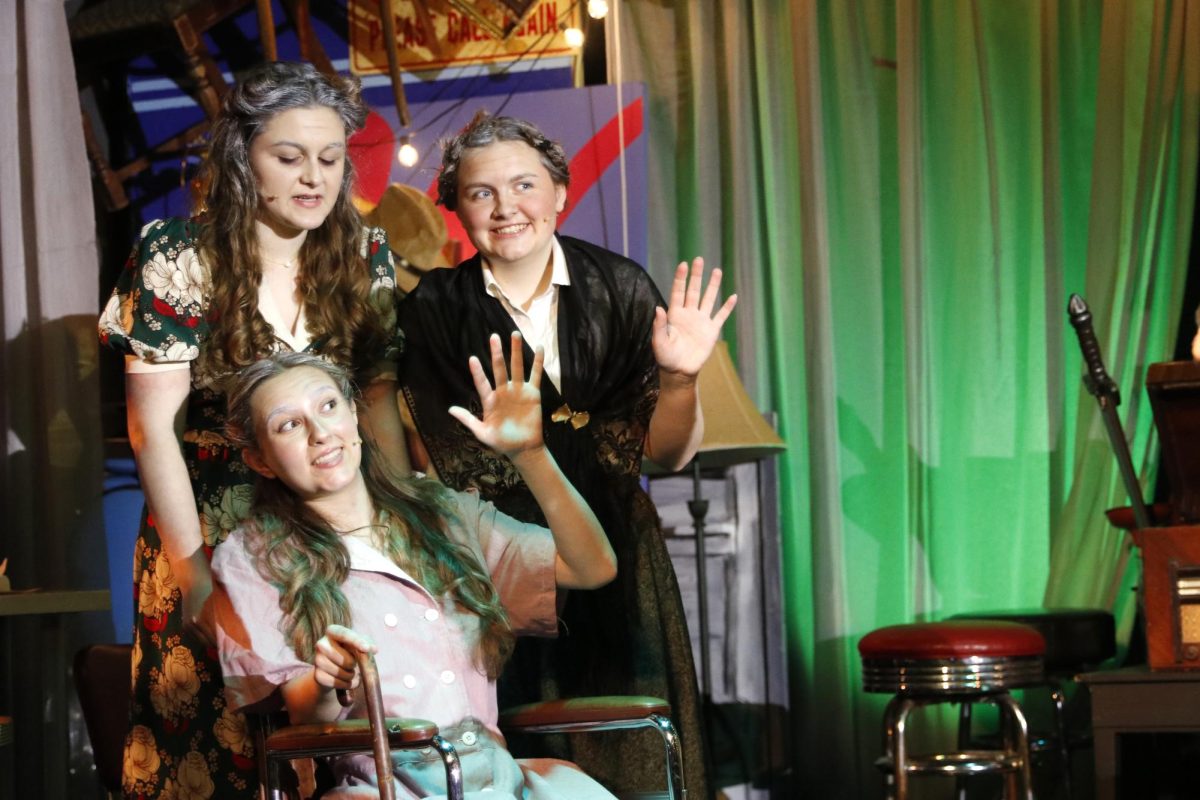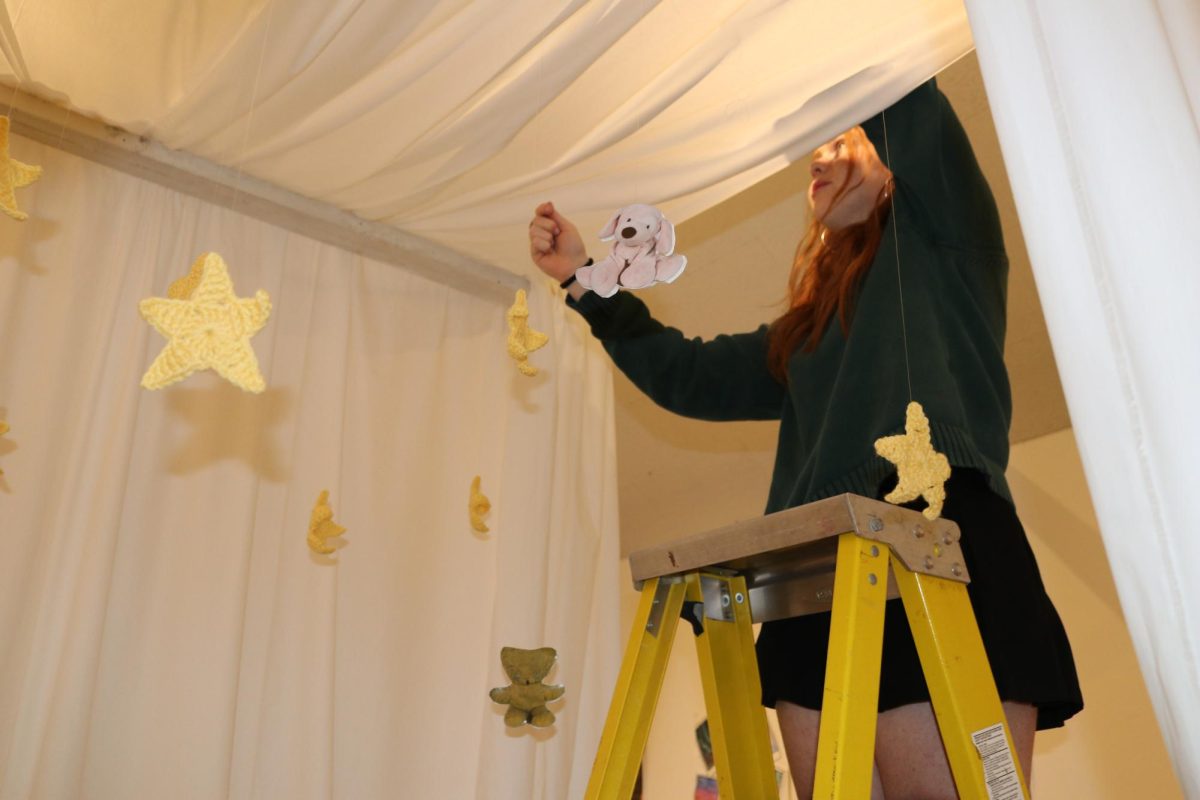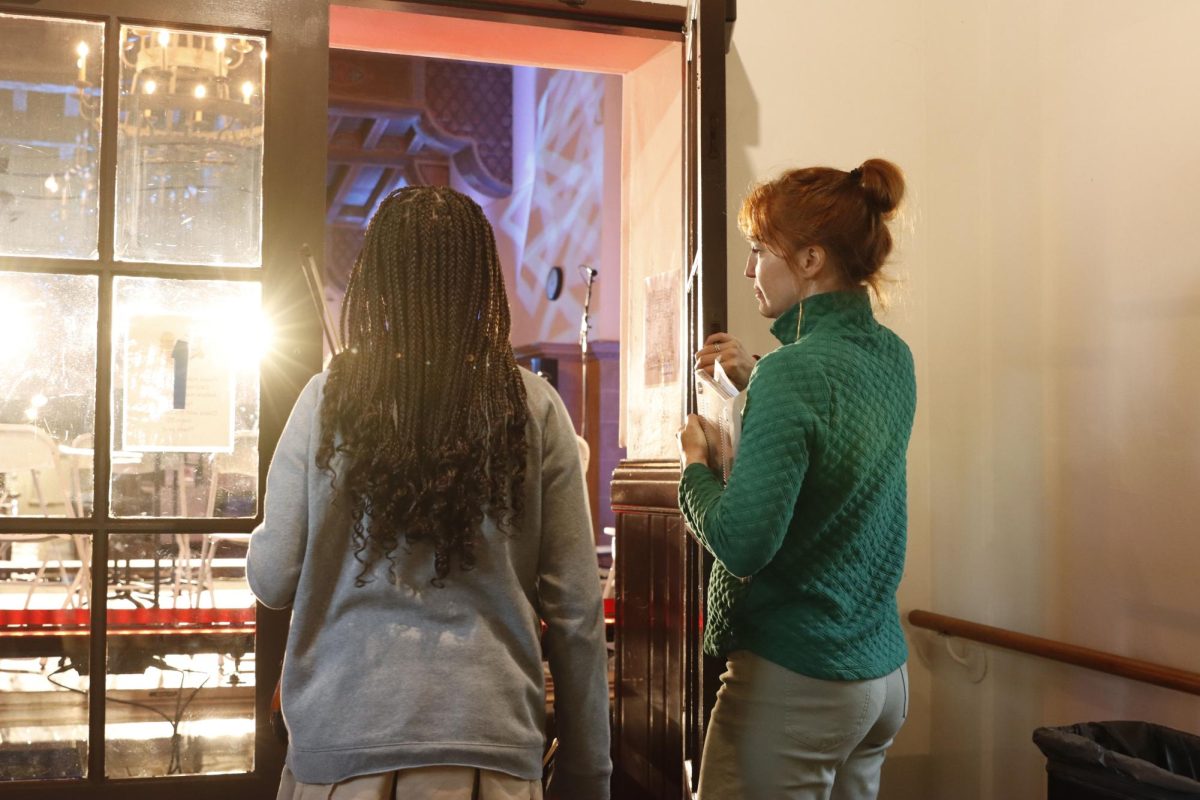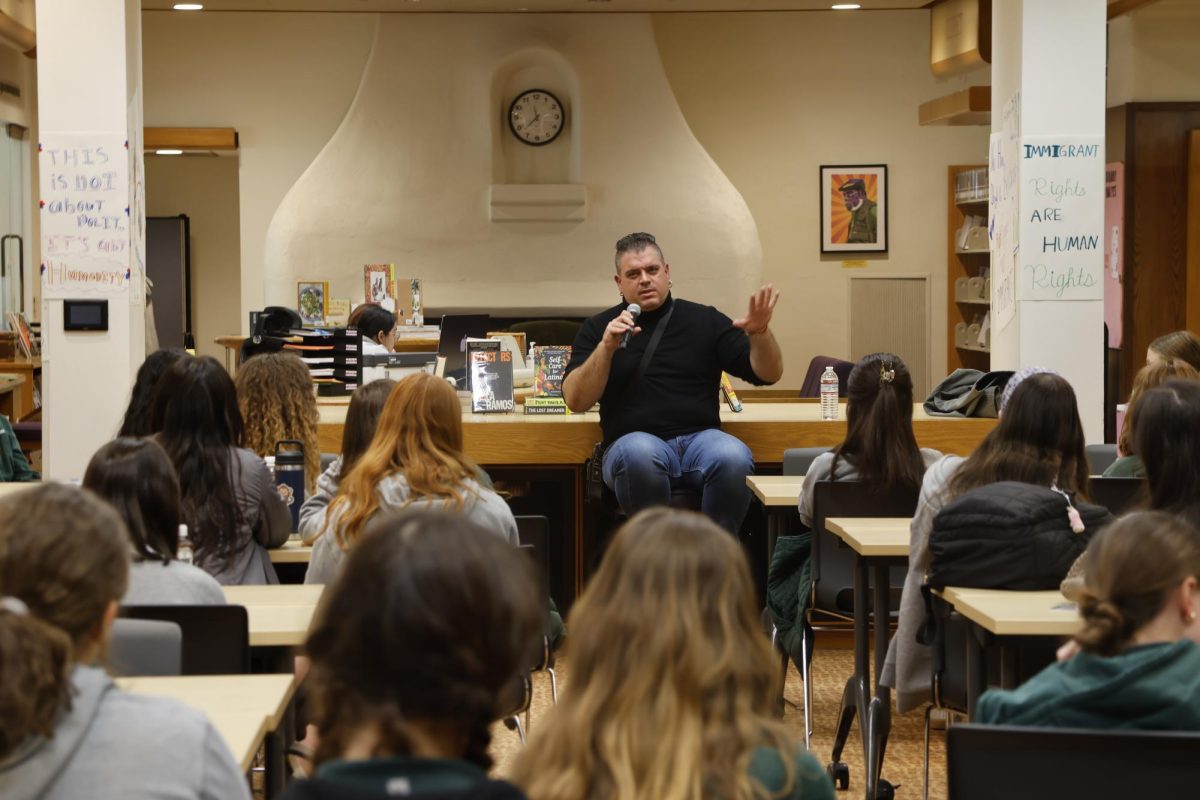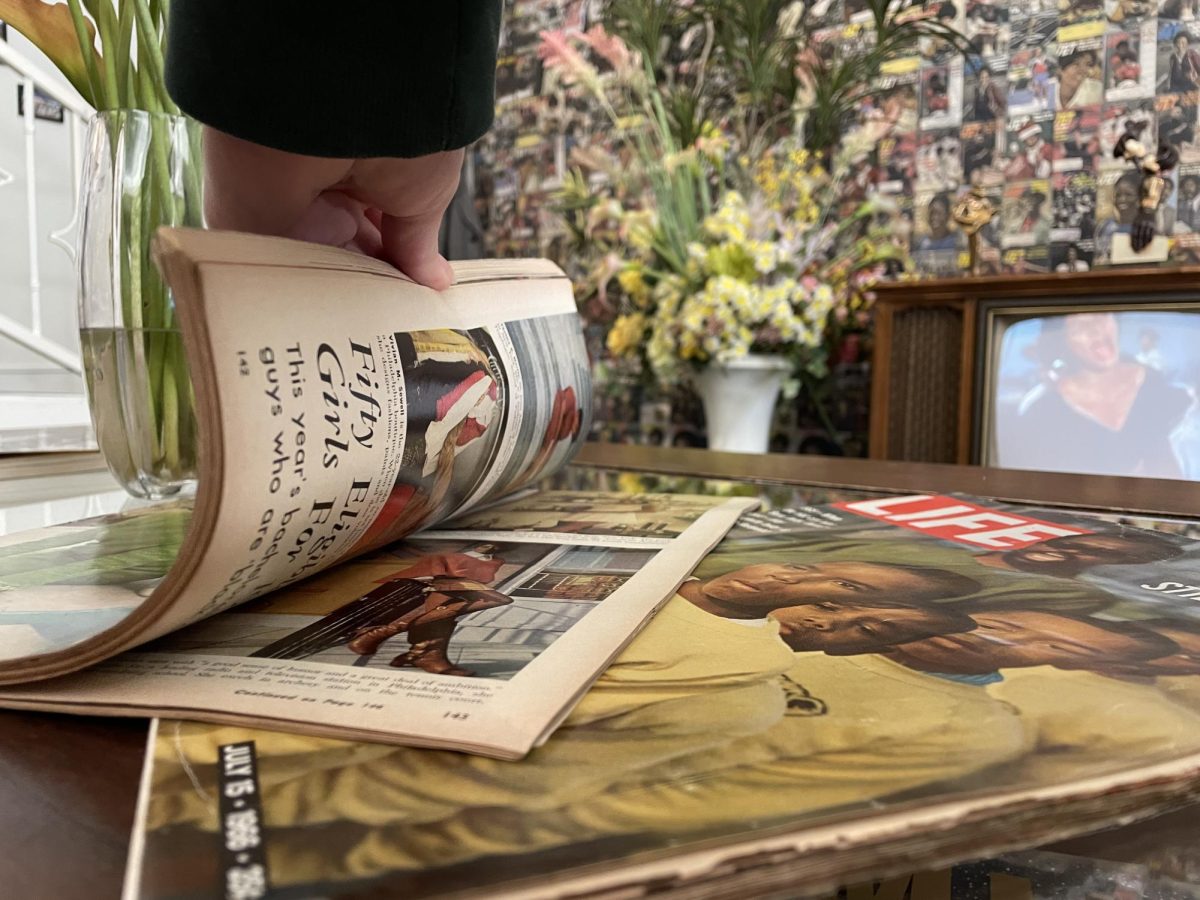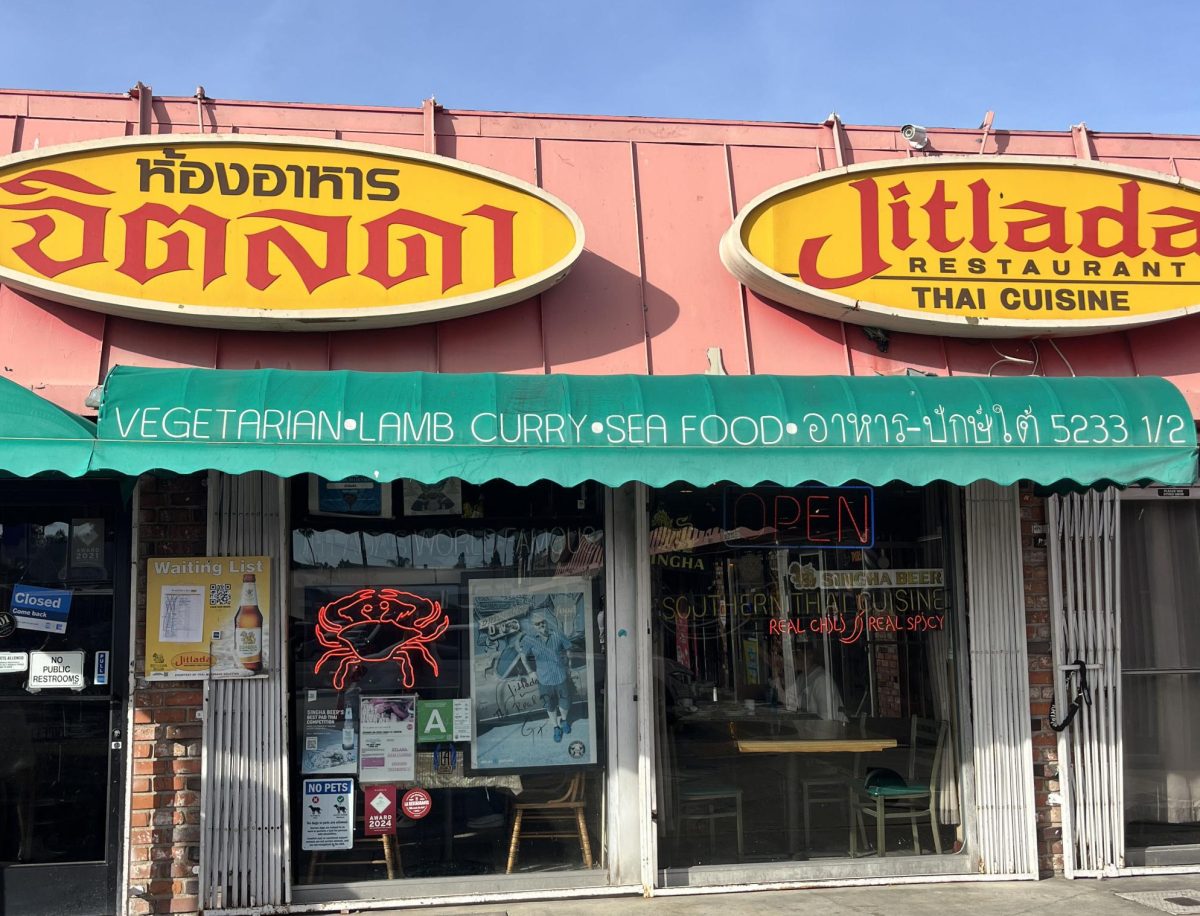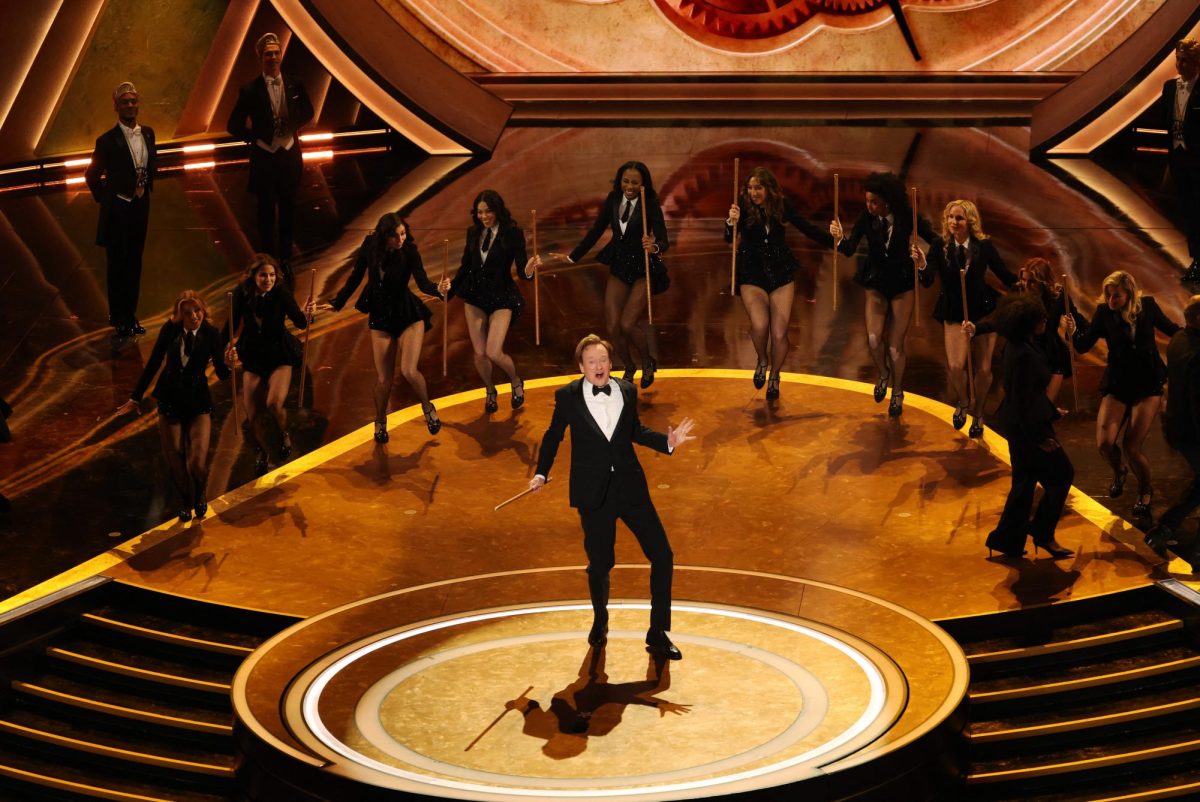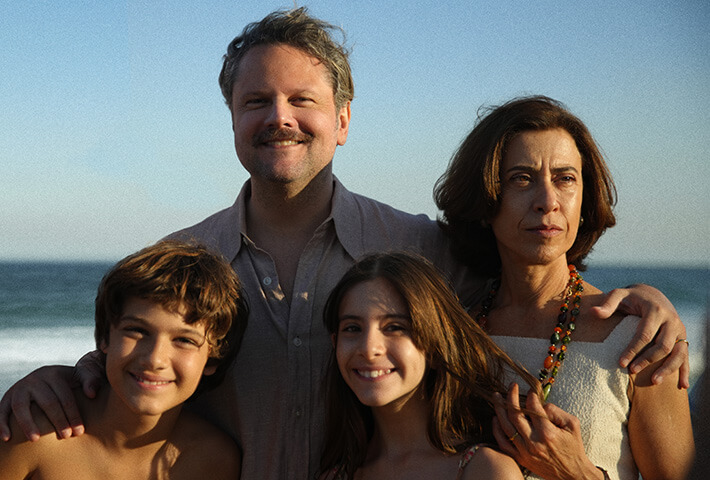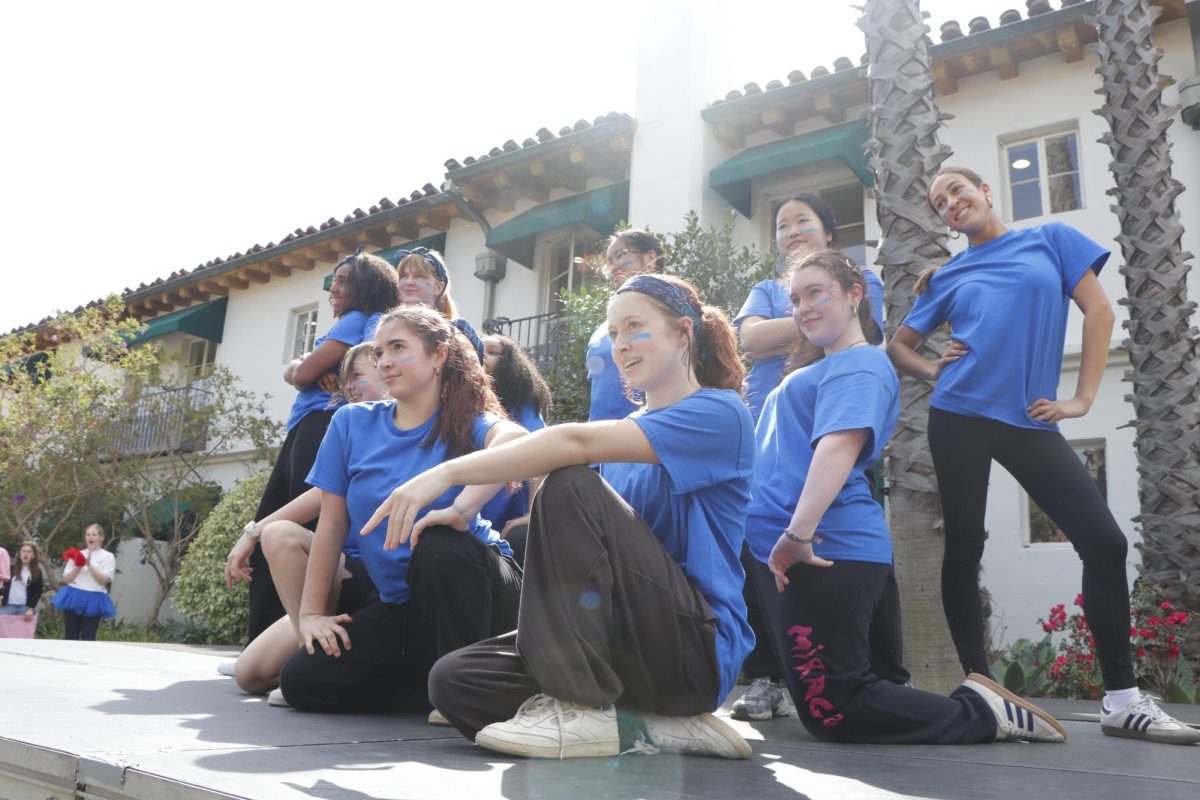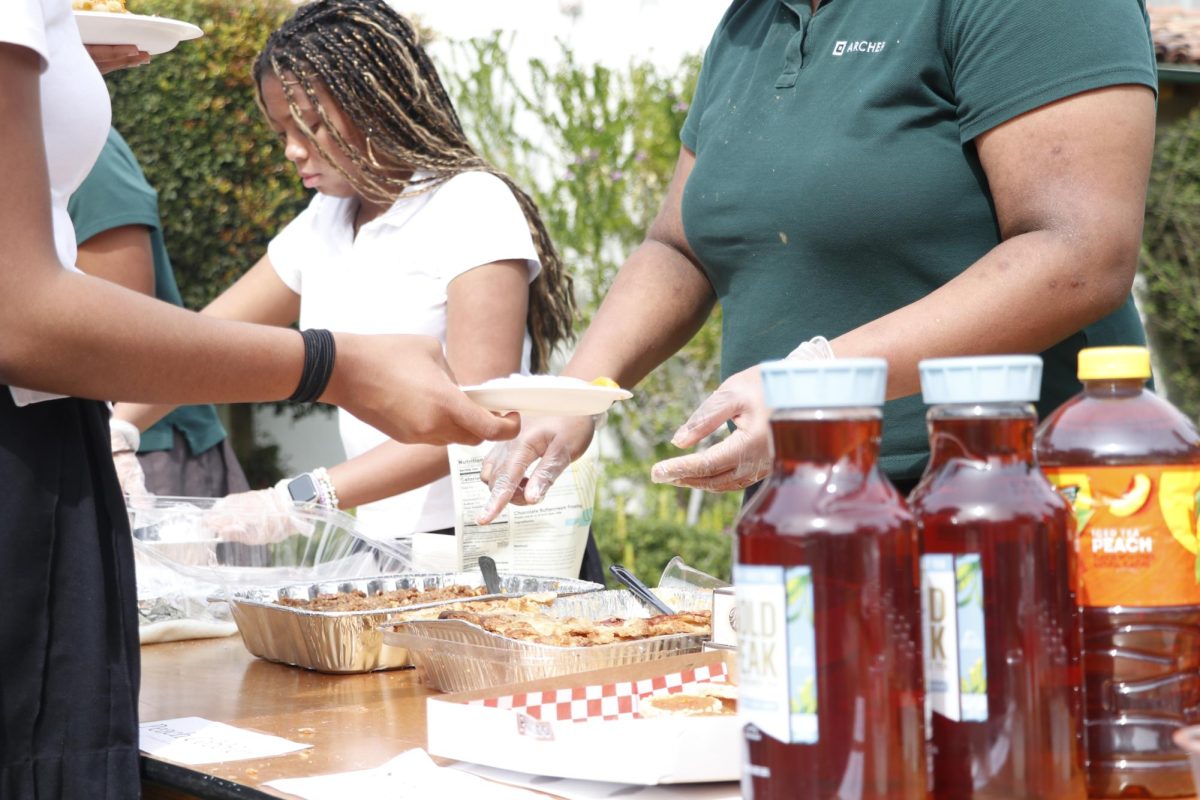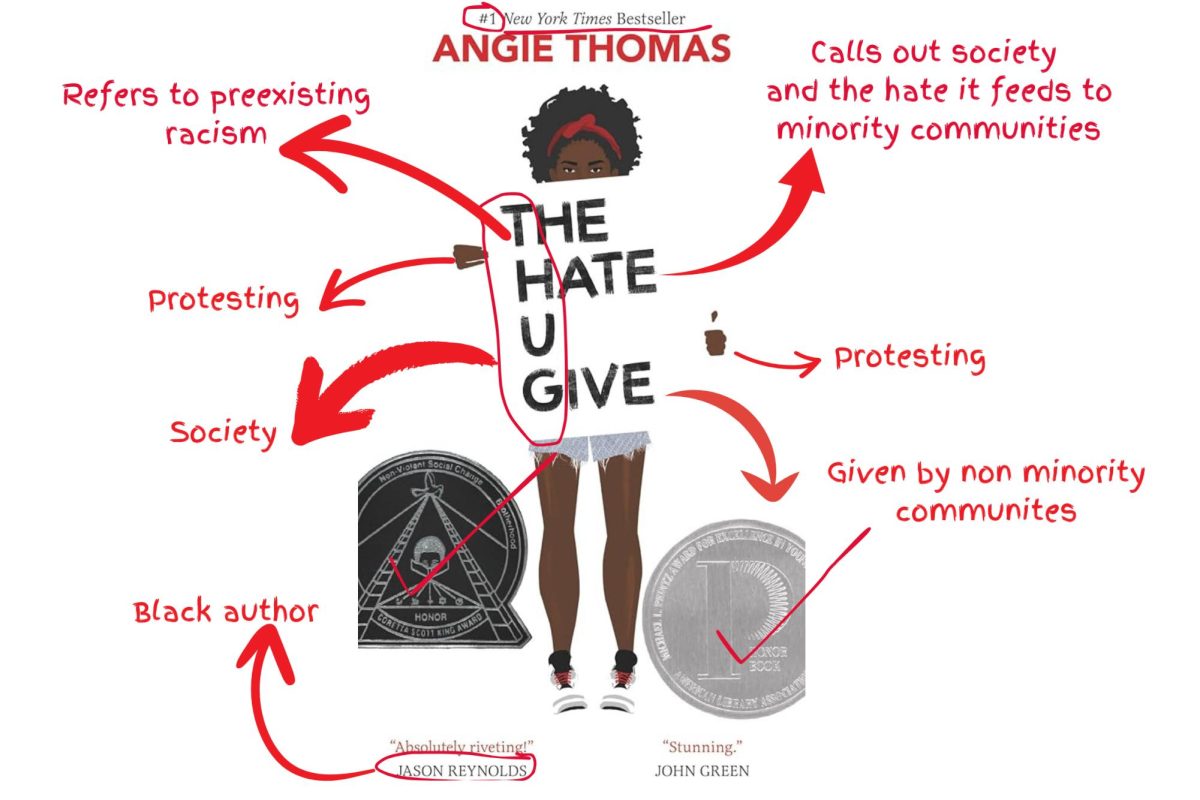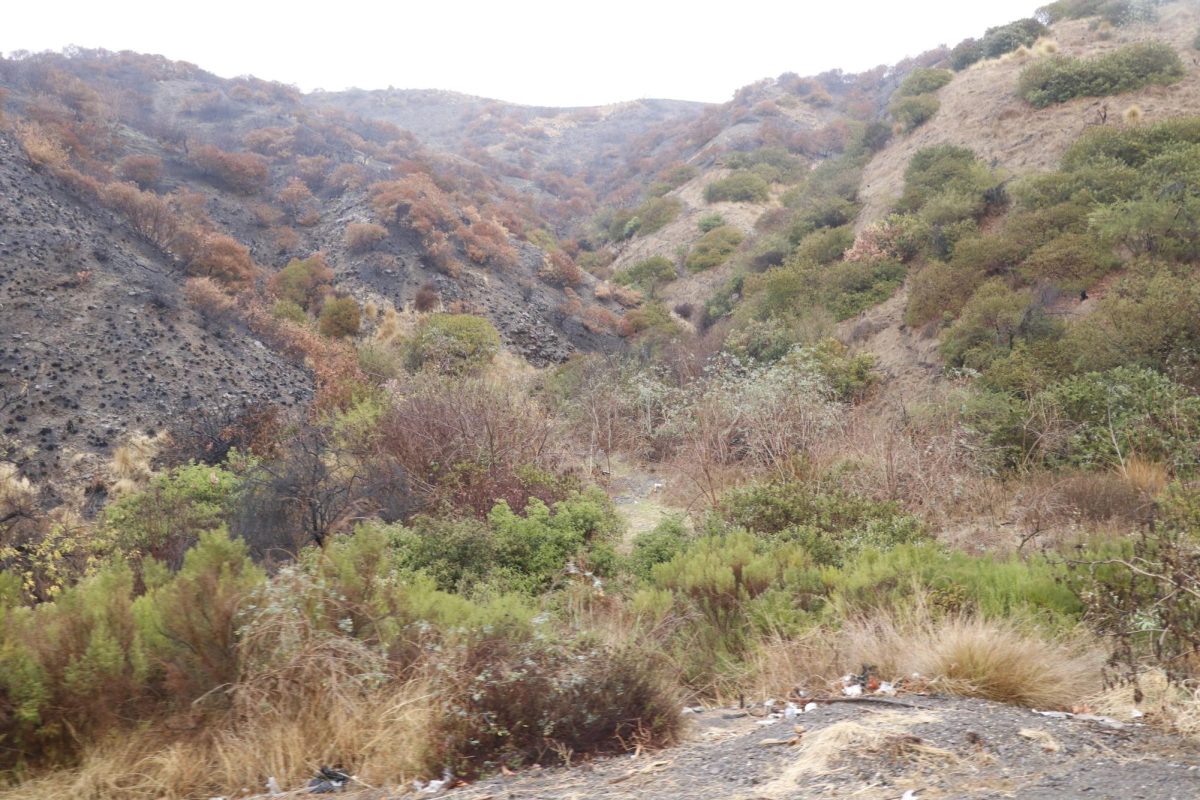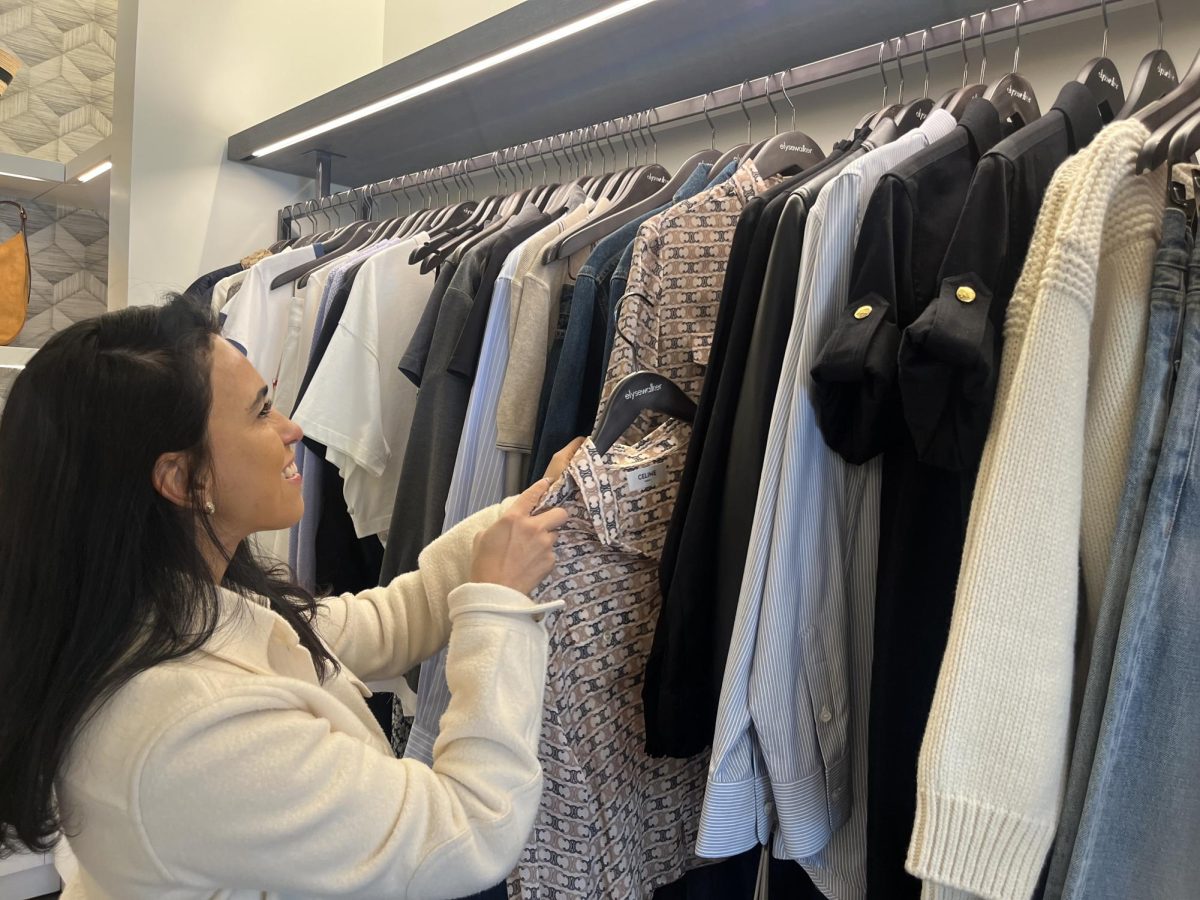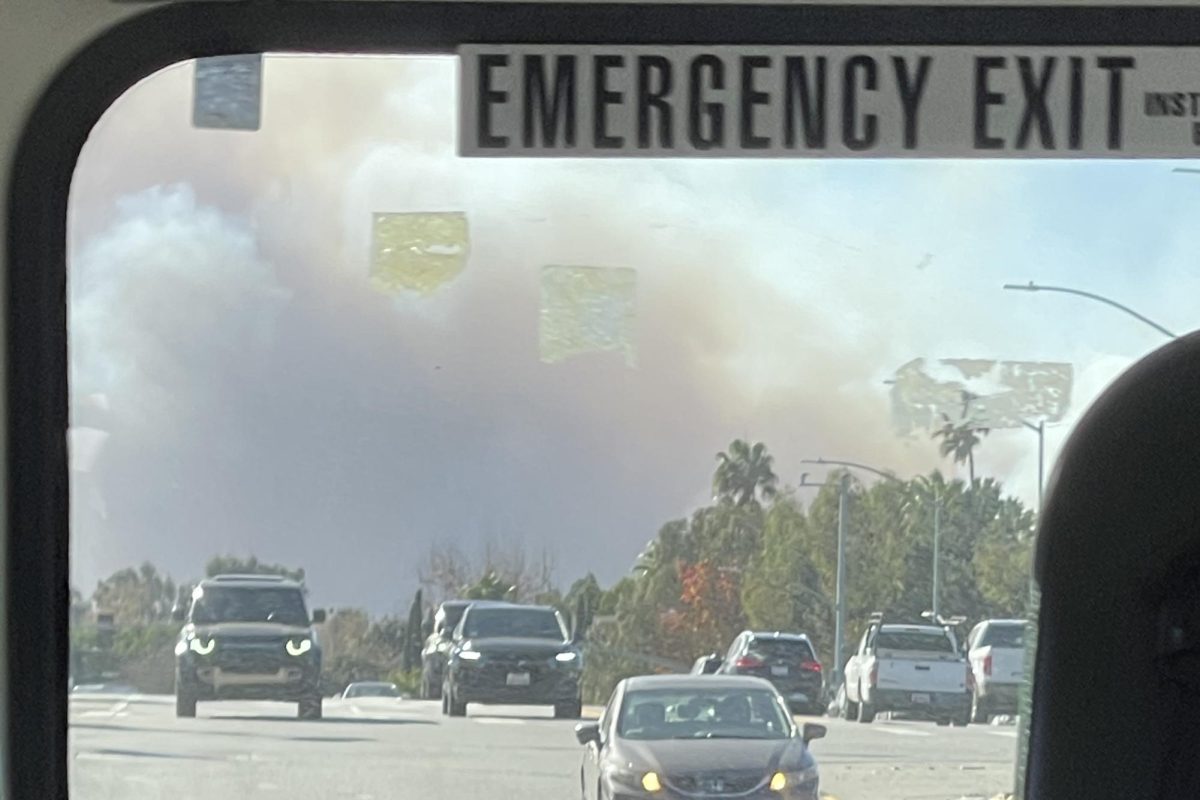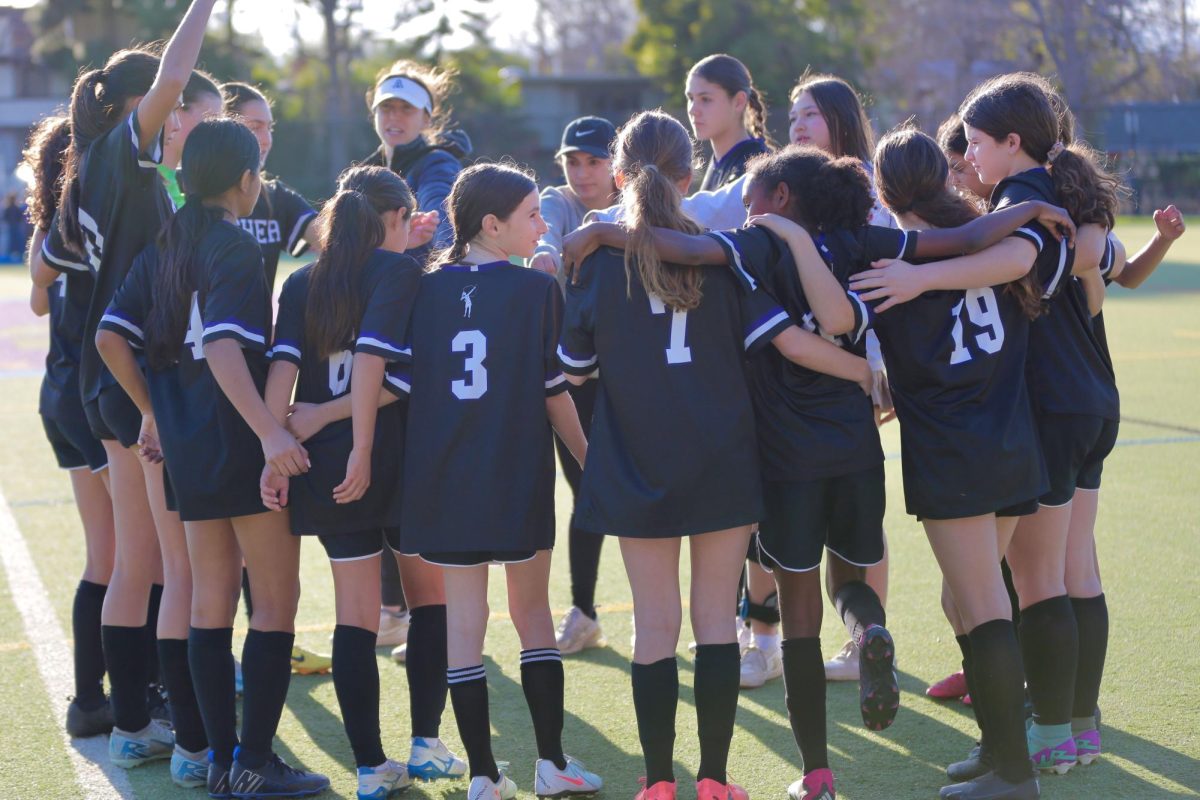The recent wildfires in Los Angeles burned more than 40,000 acres, destroying over 16,000 houses, businesses and structures and shattering residents’ communities and lives. After nearly a month of burning, the Palisades and Eaton fires reached 100% containment by Jan. 31. Only two days later, the Grammy Awards were hosted at the Crypto Arena Feb. 2. In response to the castasrophic wildfires, the Grammys raised more than 24 million for LA fire relief.
With a global audience, the Grammy organizers used their celebrity presence and media attention to fundraise for local businesses that lost their communities to the fires.
The Grammys granted expensive advertising slots to local businesses affected by the fires with celebrity features. Avril Lavigne was shown in a commercial for Paliskates, a skate shop and clothing store in Palisades that has long been a center for the local community. Doja Cat made a brief appearance for Orla Floral Studio, which was destroyed in the Altadena fires. Anderson Paak was featured for Rhythms of the Villages, an African cultural goods, apparel, and community space for residents in Altadena.
Junior Tatiana Bojeczko lived in the Palisades, and her home was the only one remaining on her street after the fire, leading to her family’s displacement. As she continues to navigate life in the aftermath of the disaster, Tatiana expressed the positive effects the Grammy Awards have had in response to the fires.
“It was good for the watchers to see different ads about the places, kind of showing the world that it’s a reality for so many people,” Bojeczko said.
In an interview with CNN days before the event, Grammys executive producer Ben Winston explained why the Grammys were not being postponed.
“We know we’ve got the biggest stars in the whole world that are sitting there, and we bring real awareness to what’s happened,” Winston said. “We do some really serious fundraising for the causes that need it so much right now.”
Winston emphasized the importance of holding the event, not just for its performance aspect, but for the workers behind the scenes who rely on the event for their livelihood.
“After COVID, post-COVID, two strikes and everything else,” Winston said, “try to tell those stagehands, costumers, makeup artists, drivers, caterers, PAs and all those working people who make a living from the Grammys that we’re not doing the show.”
To Bojeczko, recovery goes beyond physical reconstruction. She said that restoring a renewed sense of hope and belonging within the community is the first step in rebuilding Los Angeles.
“It’s not just rebuilding the houses,” Bojeczko said. “It’s rebuilding the entire Los Angeles, so I feel like just coming together as a community first, making sure that everyone feels like loved and cared about, is the next step in rebuilding.”
Similarly, many in the music community lost their livelihoods. When speaking with CNN, CEO of the Recording Academy and MusiCares Harvey Mason Jr. discussed the impact music professionals have on the city of Los Angeles.
“Some of our community, from the music community, have lost their homes. They’ve lost their instruments,” Mason Jr. said. “I know one guy that lost his entire studio. All his collections, all his instruments, and this is how they make a living.”
To combat tragedy, Bojeczko said one of the most important parts of the healing process is for individuals to practice gratitude for the things they still have, despite the hardship they may have endured.
“I’ve learned to be grateful for what I have, and because I am fortunate for all the necessities that I have,” Bojeczko said. “I feel that to learn from this experience, you just have to take everything in. Even walking around my town, I feel like I’ve never just really appreciated what I had.




